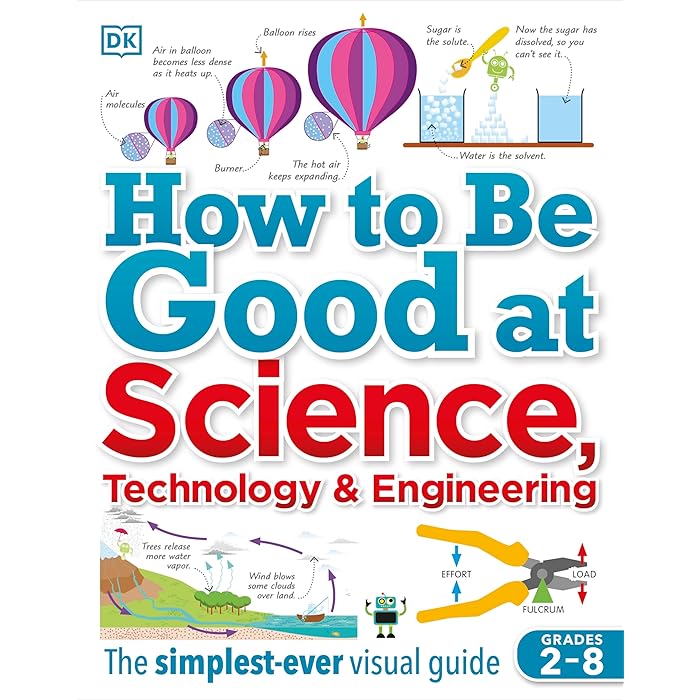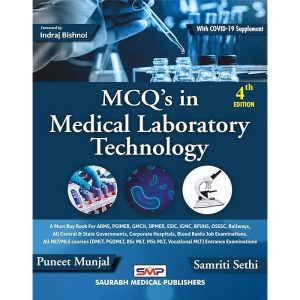Description
Being good at science, technology, and engineering (STEM) requires a combination of curiosity, practice, and a growth mindset. Here are some key strategies to help you improve your skills in these areas:
### 1. **Develop a Strong Foundation in Mathematics**
– **Math is the language of STEM**: Whether it’s physics, engineering, or computer science, math is central to understanding and solving problems. Focus on topics like algebra, calculus, geometry, and statistics.
– **Practice regularly**: Consistency is key in math. Solve problems daily to build your skills and confidence.
### 2. **Cultivate Curiosity and Problem-Solving Skills**
– **Ask questions**: Great scientists and engineers are always curious. Ask “why” and “how” questions about the world around you.
– **Engage with real-world problems**: Identify challenges you can solve or improve with STEM skills. This could be anything from designing a simple machine to improving an app.
### 3. **Embrace Hands-On Learning and Experimentation**
– **Get practical experience**: Whether it’s building a robot, writing code, or conducting experiments, hands-on practice will deepen your understanding.
– **Use online platforms**: Websites like GitHub (for coding), Arduino (for electronics), or DIY science kits are great ways to learn through doing.
### 4. **Study Fundamentals Thoroughly**
– **Build a strong foundation**: Before diving into advanced topics, make sure you understand the basic principles in the subjects you’re studying. For example, understanding basic physics is essential for engineering.
– **Break down complex concepts**: When faced with a difficult topic, break it down into smaller, more manageable parts and master them one at a time.
### 5. **Collaborate and Learn from Others**
– **Work with peers**: Collaboration is essential in STEM fields. You can learn a lot from others’ approaches and ideas.
– **Seek mentorship**: Having a mentor in your field can provide invaluable guidance, helping you navigate challenges and keep you motivated.
### 6. **Keep Up with New Technologies and Innovations**
– **Stay informed**: STEM fields are constantly evolving. Read books, journals, and websites, attend lectures, and participate in online communities to stay up-to-date.
– **Use educational resources**: Platforms like Coursera, edX, Khan Academy, or YouTube have free or affordable courses on STEM topics, often taught by experts.
### 7. **Think Critically and Analyze Data**
– **Question assumptions**: A strong STEM mindset involves evaluating data, looking for patterns, and thinking critically about solutions.
– **Practice data analysis**: Many STEM fields involve working with data. Learn how to interpret and analyze data using tools like Excel, Python, R, or MATLAB.
### 8. **Develop Technical and Soft Skills**
– **Technical skills**: Master the tools and technologies used in your field. For example, if you’re interested in software engineering, learn coding languages such as Python, JavaScript, or C++.
– **Soft skills**: Communication, time management, and teamwork are crucial in STEM. Be able to explain complex concepts clearly, work well in groups, and manage your time effectively.
### 9. **Learn from Mistakes**
– **Fail forward**: Mistakes are inevitable in STEM fields. When you fail, reflect on what went wrong and use that insight to improve.
– **Perseverance**: Success in STEM requires resilience. Keep working at it, even when things seem difficult.
### 10. **Develop a Growth Mindset**
– **Stay open to learning**: Embrace the idea that your abilities can improve over time with effort and persistence.
– **Don’t be afraid to challenge yourself**: Push yourself to tackle more difficult problems or learn new tools and techniques.
### 11. **Engage with Real-World STEM Applications**
– **Internships and work experiences**: Internships, volunteer projects, or freelance work can give you hands-on experience in STEM fields and help you understand the real-world applications of what you’re learning.
– **Participate in competitions**: Engaging in STEM competitions (e.g., hackathons, science fairs, coding challenges) will push you to think creatively and apply what you’ve learned under pressure.











Reviews
There are no reviews yet.